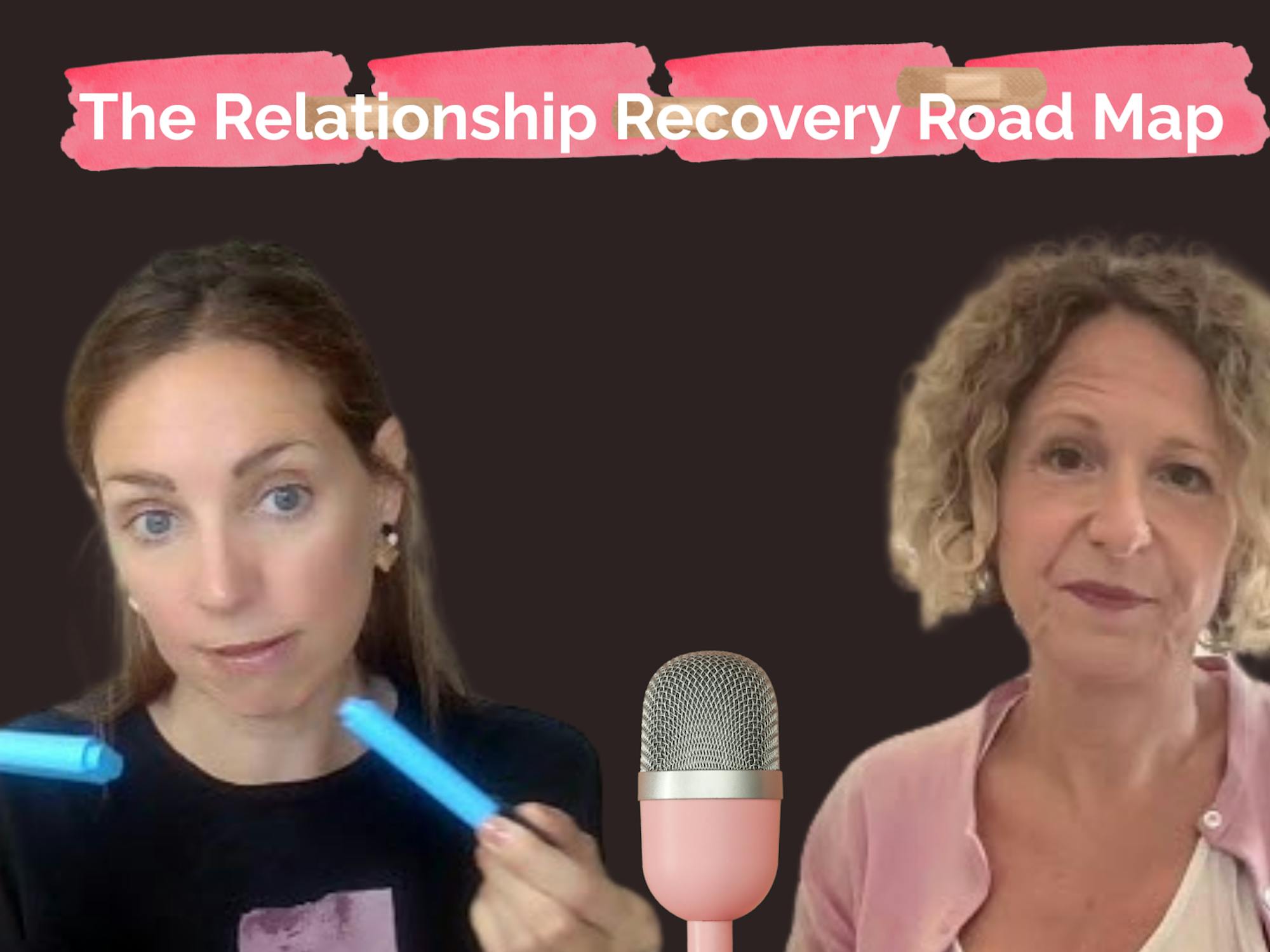How to Save a Relationship?
The stakes are high, so what can we do to untangle the situation and to start to make sense of it?

4 Things to consider when you are asking yourself “How to Save a Relationship?”
One of the most common questions, when people reach out for support in the form of couples counseling or marriage counseling, is ‘How can I save my relationship?’ Whether it’s a long-term relationship or one that began recently it’s natural to want to see whether a relationship can be saved before giving up on what we see as the investment that we have made – whether financial or emotional.
And keep sight that it’s normal to feel a whole range of emotions when our relationship isn’t working as our lives tend to be very tied up with our partner, whether it’s through children, shared friends, work, common activities, and a shared history.
Sometimes we can feel shame that it even matters so much to us, but remember that these feelings are a normal part of our human experience and that as we say the quality of our relationships determines the quality of our life.
The stakes are high, so what can we do to untangle the situation and to start to make sense of it, even before we get to relationship therapy?
Wait, just how bad is this situation?
Before we react and jump into action, it’s worth taking a step back to really evaluate where we are, and based on the history of the relationship is it even a relationship that I want to save?
Sometimes we can struggle for years, fighting the tide of what we already know to be true about the relationship but maybe we don’t want it to be true. So it’s always worth asking what do we REALLY want here and what is going to make us happy in the long term.
To support this process, we’ve developed a powerful scorecard that enables you to see just how bad things are right now, and also to identify the strength and areas that you are doing great. Once we run through a number of simple yes/ no questions it produces bespoke results showing where we are right now, and we can even give it to our partner to complete. The Scorecard is available on the homepage of our website.
What if my partner doesn’t want to work on the relationship?
One of the most common challenges we hear from people when they reach out is that they would like to work on things because they are not happy but their partner isn’t so keen and is therefore blocking the process!
We’ve put some videos together to talk you through the exact steps to take in that scenario, and most importantly we need to identify the challenges that we are facing, and where our own needs are not being met in the relationship. Then we also need to consider what needs our partner is meeting through the relationship and whether these are the same needs that we are meeting. Often we assume that just because we have an issue that our partner then necessarily also has that issue too – which may not be the case! Once we’re clear on this, we can approach our partner in the most effective way.
Check out those videos to review the whole process!
First steps – getting ourselves into a good emotional place.
A great place to start is to take a time-out and consider your emotional state. Often when we’re struggling we can sink into a more negative state where things can feel over-whelming, and everything is a problem. In contrast we can all remember a time or an experience when we felt much more positive and we seemed to ‘ride the wave’ of whatever challenges we were going through.
A useful perspective is to think about the difference between:
1️⃣Our actual problems, things that you need to be deal with.
2️⃣Problems in the way that I am thinking about things
Actual problems are things that we can objectively look at and see that something needs to be resolved or changed. An example might be that I’d like to have cereal for my breakfast this morning and the box is empty. Most of the time in this situation we wouldn’t become emotional or resentful, we’d just recognize that some action needs to happen to rectify it and we’d head to the shops.
On the other hand, problems in the way that we are thinking about things come about when we add our own narrative or story that contributes to a bad feeling without doing anything to resolve the actual problem. So imagine if I see the empty box of cereal and start getting angry with myself because I should have remembered to get another box of cereal, or maybe that someone else got there first and it’s not fair!
This purpose of this perspective is to help us distinguish what is the actual problem and what is our own ideas that we are adding in that is keeping us stuck in some way.
This is where we can start to identify where our negative thinking is coming from and how it can keep us stuck in a negative place, which can contribute to a circle of negativity in our relationship.
Getting a more balanced perspective
It’s very difficult when we are in the relationship to have enough of a neutral perspective to really see the causes of the issue clearly.
“Hang on Matt, I know the cause, it’s because my partner loses his or her temper…!”, you may say, or whatever issue you are experiencing.
However, it’s worth asking yourself whether this is really the cause of the problem, or rather a symptom of a problem that lies unseen? It’s not that losing our temper doesn’t cause an issue, it could well add to our sense of there being a problem, but a longer term solution is rarely found through just focusing on symptoms.
This is where the power of effective couples therapy comes in because we can come to understand the causes of our issues rather that just struggling with the effects of those problems.
We have shared the 4 things you should consider when you are asking ‘How can I save my relationship?’. Now it is your turn to do the homework, thing this through and schedule a free call with us. You are already on your way to fix your relationship!
You can put your relationship to the test now. With our interactive online tool you can see where your relationship is working well and identify key areas for improvement:
- Couples Counselling
- Therapy
- Support
- Relationships
- Trust



